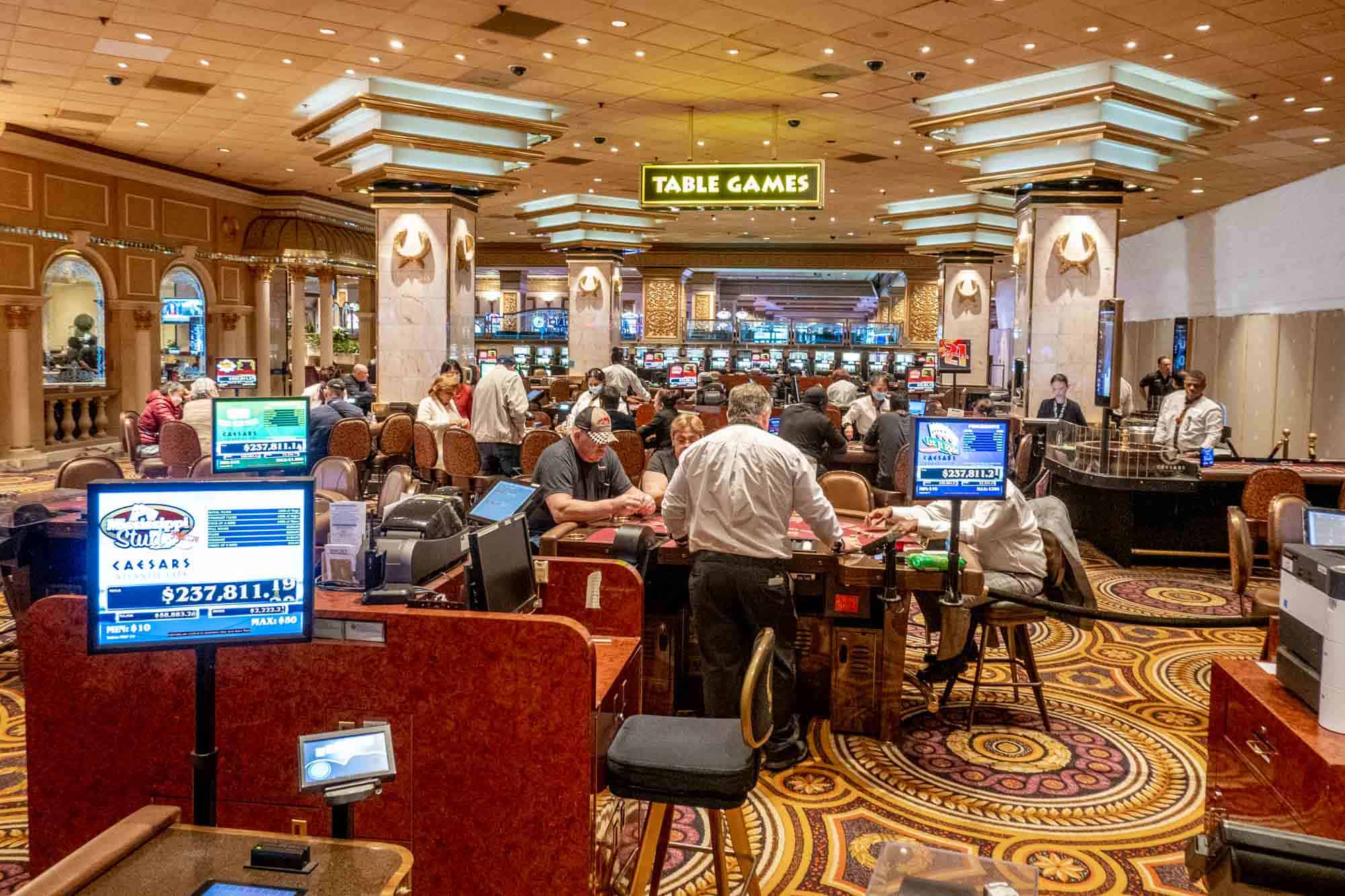Casino experiences have captivated players over the ages, evolving from easy diversions to complex experiences that combine fortune, strategy, and fun. From the early beginnings of gambling in societies including the ancient societies of Mesopotamia and Rome to the glitzy corridors of contemporary casinos, the evolution of these games uncovers much about human nature and our connection with chance. As societies have intertwined and technological advancements have occurred, casino games have changed, mirroring the changes in society and developments in gameplay.

The initial iterations of gambling likely featured simple dice games and wagering on the results of athletic contests. Over time, these basic forms of gambling grew into better-organized games like card games, the game of roulette, and the myriad one-armed bandits that line casino floors today. Each era brought its own set of rules, visual styles, and sociocultural significance. Today, casino games continue to evolve with the rise of digital gaming platforms, enabling players from everywhere to engage in a common experience, further merging the traditional with the digital age.
Initial Origins of Casino Activities
Gaming games have origins that extend back to historical societies, where betting was strongly integrated in social traditions and social customs. The earliest known forms of betting developed in Mesopotamia around three thousand BC, featuring primitive dice activities made from knuckle material. These early activities laid the basis for more advanced betting games, showing human beings’ instinctive desire to seek wealth and entertainment through luck.
As societies progressed, so did their gambling pursuits. In ancient Chinese culture, around two thousand three hundred BC, tiles were discovered that looked like primitive rudimentary forms of a lottery game. More structured forms of betting developed in the ancient Roman Empire, where activities of luck were a common pastime, often taking place in social events. The ancient Romans developed different betting activities, which included dice and table activities, illustrating the widespread nature of betting across various economic strata.
With the flow of years, these primitive games contributed to the development of contemporary gambling activities. In the Middle Ages, card activities emerged prevalent in Europe, paving the way for the professional gaming establishments we know today. The transition from informal betting to formal gaming in taverns and private homes marked a major shift in how people interacted with activities of luck, leading to the eventual creation of casinos as dedicated places for betting.
The Rise of Contemporary Gambling Industry
The late 1960s and 1970s marked a crucial change in the realm of gaming, driven by tech innovations and transformations in cultural attitudes towards betting. The introduction of computers and the internet transformed the way gamblers interacted with their preferred games. Online casinos emerged, enabling players to enjoy traditional casino classics like poker and blackjack from the safety of their own homes. Vwin This emerging digital landscape not only expanded availability to casino games but also attracted a younger crowd who found the comfort and diversity tempting.
As digital gambling gained momentum, so did developments in casino tech. The creation of advanced software and graphics converted classic gambling games into immersive experiences. Players could now connect with authentic live dealers through real-time broadcasts, bringing the vibe of physical casinos directly into their houses. This blending of in-person play with digital interfaces created a novel combination that elevated the social aspect of gambling, allowing it possible for people to engage and challenge with fellow gamers around the world.
Furthermore, the rise of gaming on mobile devices substantially changed the gambling environment. With the widespread use of smartphones and tablets, gamblers can access their preferred gaming options anywhere, whenever. Mobile apps offer a extensive range of games customized for mobile screens, serving the dynamic lifestyle of modern users. This accessibility has resulted in growing involvement in casino games, contributing to the surge of the gambling sector. As a result, the prospects of gambling continues to develop, responding to new technologies and shifting consumer preferences.
The Impact of Technology on Casino Games
Technology’s advancement has significantly transformed casino games, improving the overall experience for players for players around the world. With the introduction of the internet, online casinos emerged, allowing players to play their preferred games from the comfort of their homes. This shift not only made casino games more accessible but also expanded the variety of games available, as online platforms could offer many different versions of traditional games without the physical constraints of physical casinos.
Mobile technology further revolutionized the casino gaming landscape. With the proliferation, players now have the ability to engage in casino games whenever and wherever they want. This mobility has resulted in the creation of dedicated mobile applications and optimized websites that offer smooth gaming experiences. Additionally, innovations such as live dealer games have brought the authentic atmosphere of a casino into players’ living rooms, connecting between physical and online gaming.
Furthermore, advancements in artificial intelligence and VR are leading to the next generation of casino games. AI enhances game design and player interaction, creating customized experiences based on user behavior and preferences. Meanwhile, virtual reality offers immersive environments where players can engage in a virtual casino environment, making the gaming experience more engaging and realistic. As technology continues to evolve, the future of casino games looks promising, filled with limitless opportunities for innovation and entertainment.